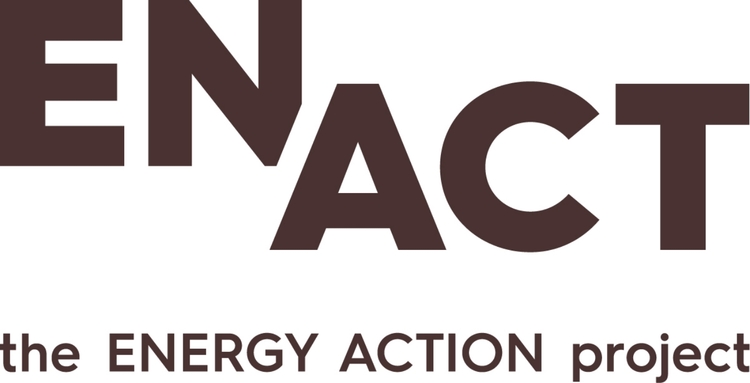Photo: Apro’Tech
Apro’Tech aims to help communities most vulnerable to energy poverty through efficient heaters that match their way of life.
In Hungary, rates of energy poverty have sharply increased since the early 2000s, following a shift to natural gas and subsequent rising prices for imports. More recently, up to 22% of households have returned to heating systems based on firewood or coal. In addition to being inefficient, these traditional systems result in more time spent collecting and preparing fuels, and can have negative impacts on health due to the indoor air pollution.
Recognising that low-income households need sustainable and efficient heating solutions, Apro’Tech designs and builds traditional brick and tiled masonry heaters that are more efficient. Made locally with local materials, the stoves are also quite affordable option.
Compared with metal stoves typically used by low-income families, Apro’Tech designs have three main advantages:
an improved fire box design ensures that the wood burns much hotter and therefore cleaner;
the fire transfers its heat to a large thermal mass, which then slowly releases it into the home over 8 to 18 hours; and
the smoke doesn’t directly exit through the chimney.
Because they consume fewer resources, these more efficient stoves deliver substantial financial savings. They also mean people spend less time to collect and prepare wood fuel. Importantly, the clean burn also reduces air pollution both outdoors and indoors.
Apro’Tech hopes to partner with the Masonry Association in Hungary to explore the possibility of experts building and installing the units. During the mentoring phase, the organisation will develop a strategic plan to strengthen this collaboration and gain more experience in presentations and pitching.
Apro’tech is one of 15 finalists in the Social Innovation to Tackle Fuel Poverty Initiative, launched by the Schneider Electric Foundation, the Ashoka Foundation, and Enel Group.

